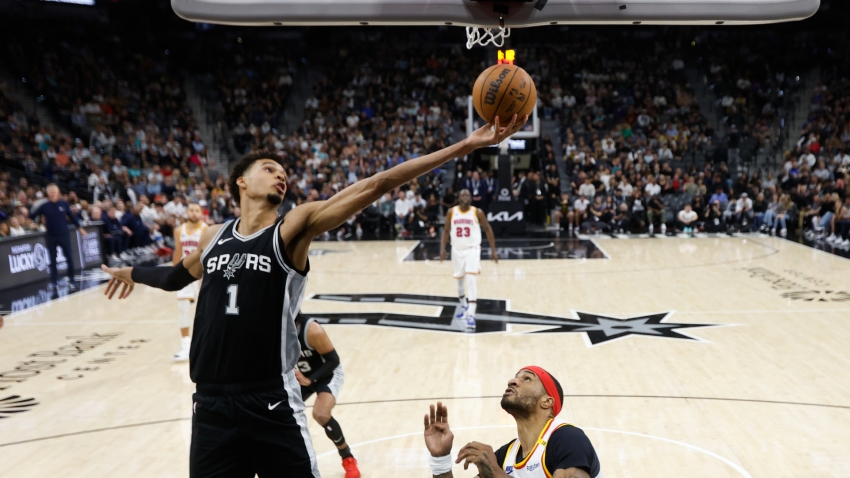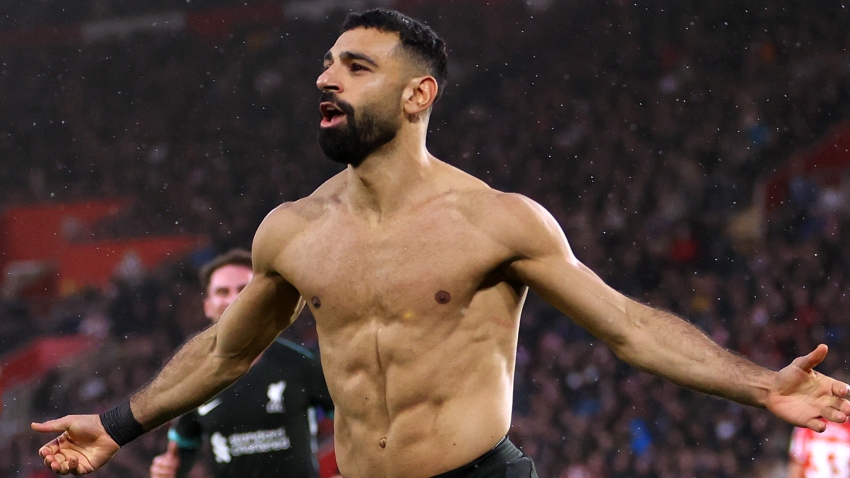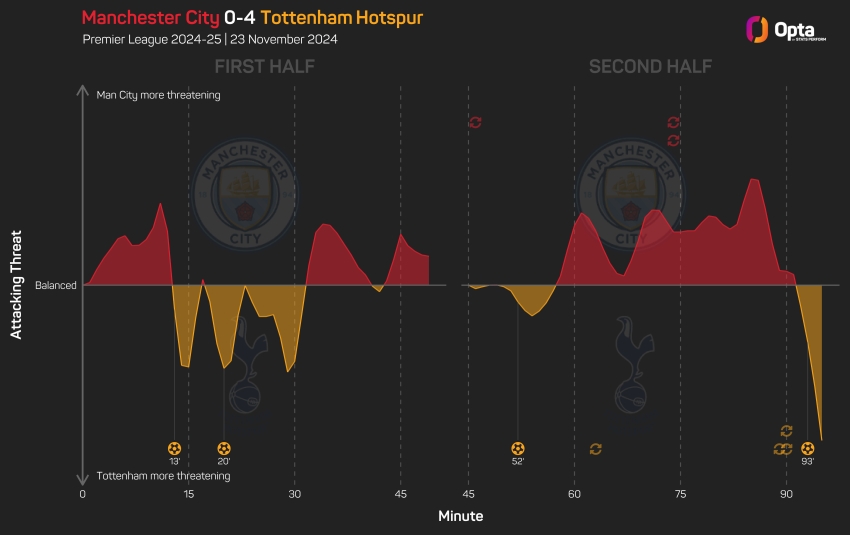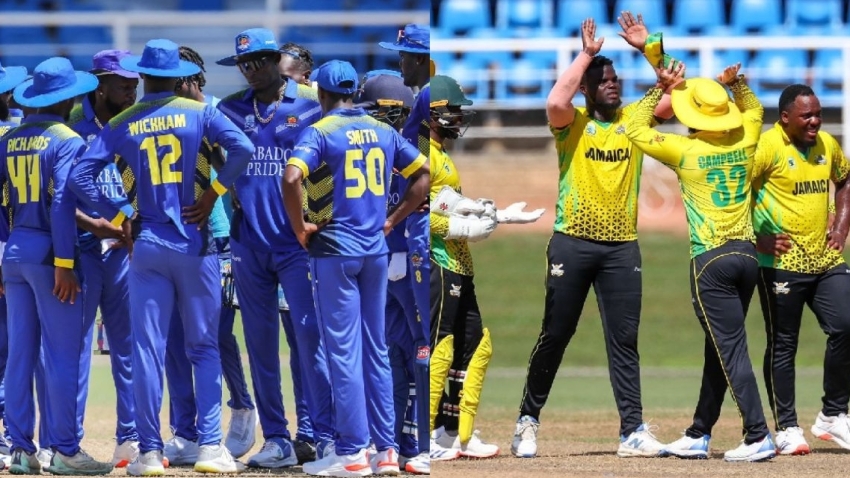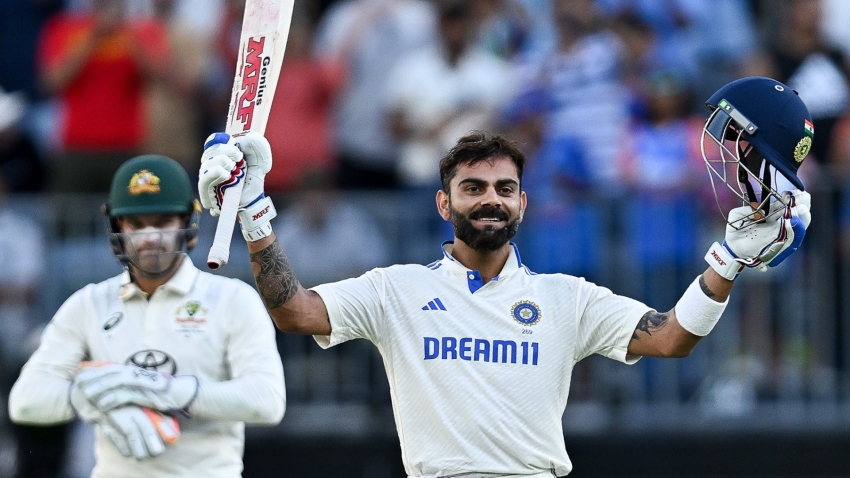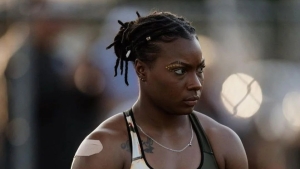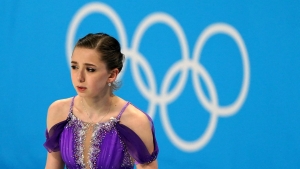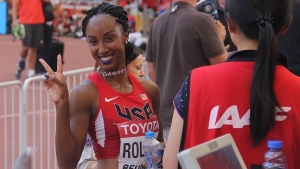The United States appear set to be awarded team figure-skating gold from the 2022 Winter Games after the results achieved by Russian skater Kamila Valieva were officially disqualified.
Valieva, who tested positive for the banned substance trimetazidine at the Russian national championships in December 2021, was handed a four-year ban by the Court of Arbitration for Sport on Monday.
Valieva, who was 15 at the time, was cleared to compete at the 2022 Winter Olympics in Beijing by the Russian anti-doping agency and the failed test only came to light after she had helped her country to team gold.
The International Olympic Committee has said it can now award team figure-skating medals from the 2022 Games “in accordance with the ranking”.
That means the USA, who originally won silver, would be awarded gold, with the original bronze medallists Japan being upgraded to silver. Canada, who missed out on a medal, look set to get the bronze.
The IOC said it was ready to hold a “dignified” medal ceremony once the results had been officially ratified by the sport’s international federation, the International Skating Union.
“The IOC welcomes the fact that the CAS ruling provides clarity in this case, and the athletes from the team figure skating competition at the Olympic Winter Games Beijing 2022 can finally get their medals, for which they have been waiting so long,” an IOC spokesperson said.
“The IOC is now in a position to award the medals in accordance with the ranking, which has to be established by the International Skating Union. We have great sympathy with the athletes who have had to wait for two years to get the final results of their competition.
“The IOC will contact the respective NOCs (national Olympic committees) in order to organise a dignified Olympic medal ceremony.”
Valieva’s ban, backdated to the time of the original failed test, will run until Christmas Day 2025.
CAS found she had been unable to establish that the doping violation had not been committed intentionally, and found her age made no difference in the necessity to prove that the violation was not intentional.
“This case, and its circumstances, are further proof of the need to address the part played by the athletes’ entourage in doping cases,” the IOC spokesperson added.
“This is even more important if the athletes are minors, who are even more reliant on their entourage.”
The IOC only learned of Valieva’s doping violation after the team event in 2022 and immediately sought to appeal the decision of RUSADA to lift her suspension. The appeal was joined by the ISU and the World Anti-Doping Agency but an ad-hoc CAS panel cleared her to keep competing.
She entered the individual figure-skating event but ultimately finished in fourth place.


